Fernando Henrique Cardoso, Arminio Fraga, Ricardo Lagos, Eduardo Levy Yeyati, María Victoria Murillo, Moisés Naím, Shannon K. O’Neil, Luisa Palacios, Ernesto Revilla, Isabel de Saint Malo de Alvarado, Thomas Shannon, Thomas Traumann, Eugene Zapata-Garesché
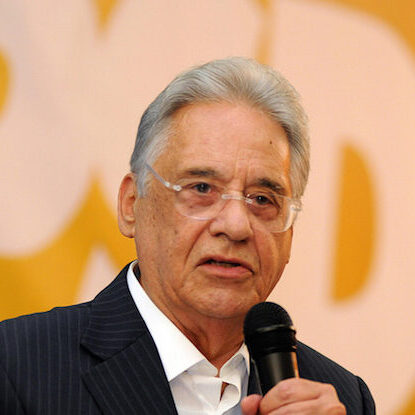
Fernando Henrique Cardoso is a sociologist, professor and politician who served as president of Brazil from 1995 to 2002. He is also the former chair of the Global Commission on Drug Policy (2011- 2016). He is currently the president of the Instituto Fernando Henrique Cardoso and the honorary president of the Party of Brazilian Social Democracy (PSDB).

Arminio Fraga is an economist and founder of Gávea Investimentos, the Institute for Health Policy Studies (IEPS) and the Social Mobility and Development Institute (IMDS), all in Brazil. He is also a member of the Group of Thirty and the Council on Foreign Relations, a trustee of Fernando Henrique Cardoso Foundation and former President of the Central Bank of Brazil.
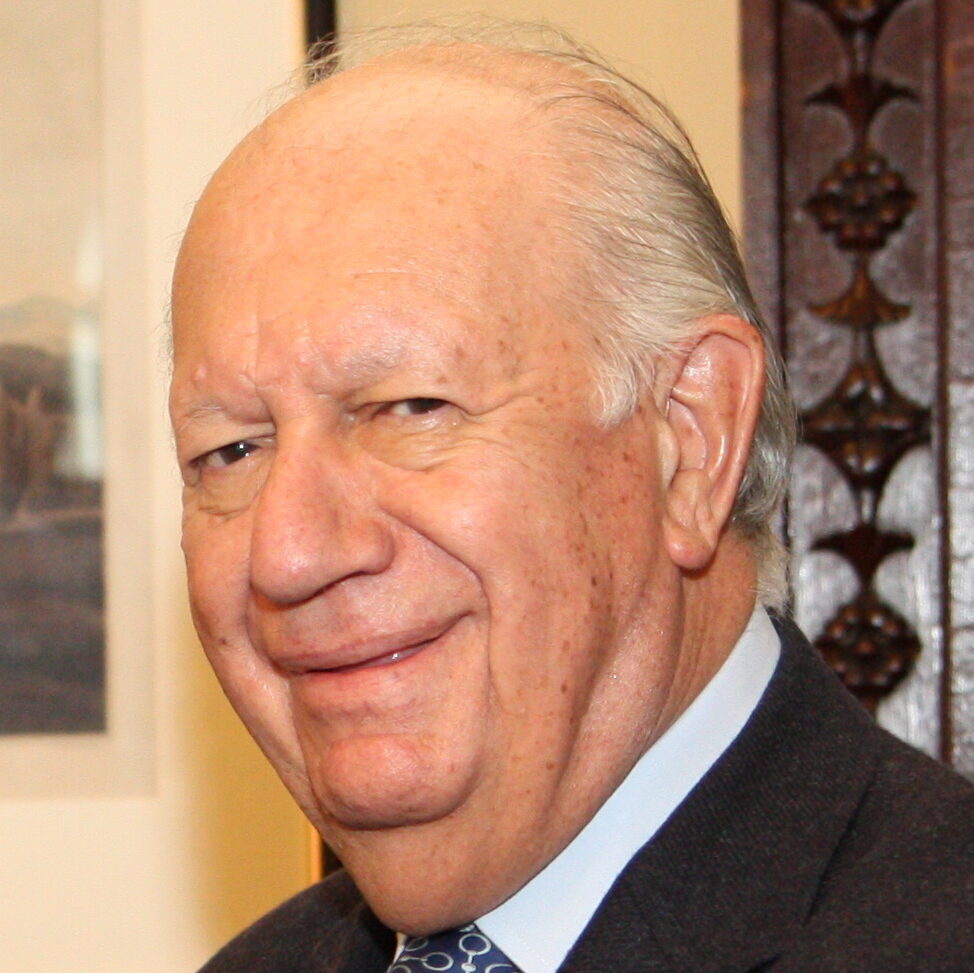
Ricardo Lagos served as the president of Chile between 2000 and 2006. Prior to becoming president, he held positions within the government as minister of education (1990) and minister of public works (1994). He is currently the president of Fundación Democracia y Desarrollo and has served as a special envoy on climate change for the United Nations. He is the president of the Club de Madrid and a member of The Elders.
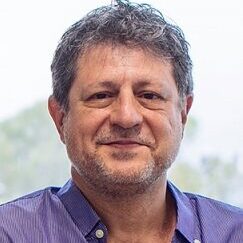
Eduardo Levy Yeyati is the dean of the School of Government at Universidad Torcuato Di Tella and founder and academic director of its Center for Evidence-based Policy. He is also the principal researcher at Argentina’s National Scientific and Technical Research Council (CONICET), non-resident senior fellow at Brookings and an affiliate at Harvard’s Center for International Development. Prior to that, Levy Yeyati was an adviser to the Office of the Chief of Cabinet in Argentina, chief economist at the Central Bank of Argentina and head of Latin American Research and Emerging Market Strategy at Barclays Capital.
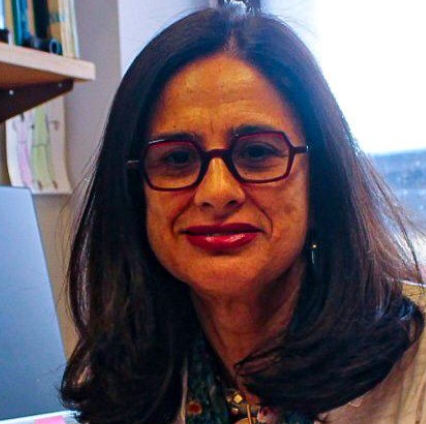
María Victoria Murillo is a professor of political science and international affairs at Columbia University. She works on political economy, electoral behavior, public policy, and institutional weakness in Latin America and has published widely in the U.S. and Latin America. Her most recent book is The Politics of Institutional Weakness in Latin America (Cambridge University Press, 2020), co-edited with Daniel Brinks and Steven Levitsky.
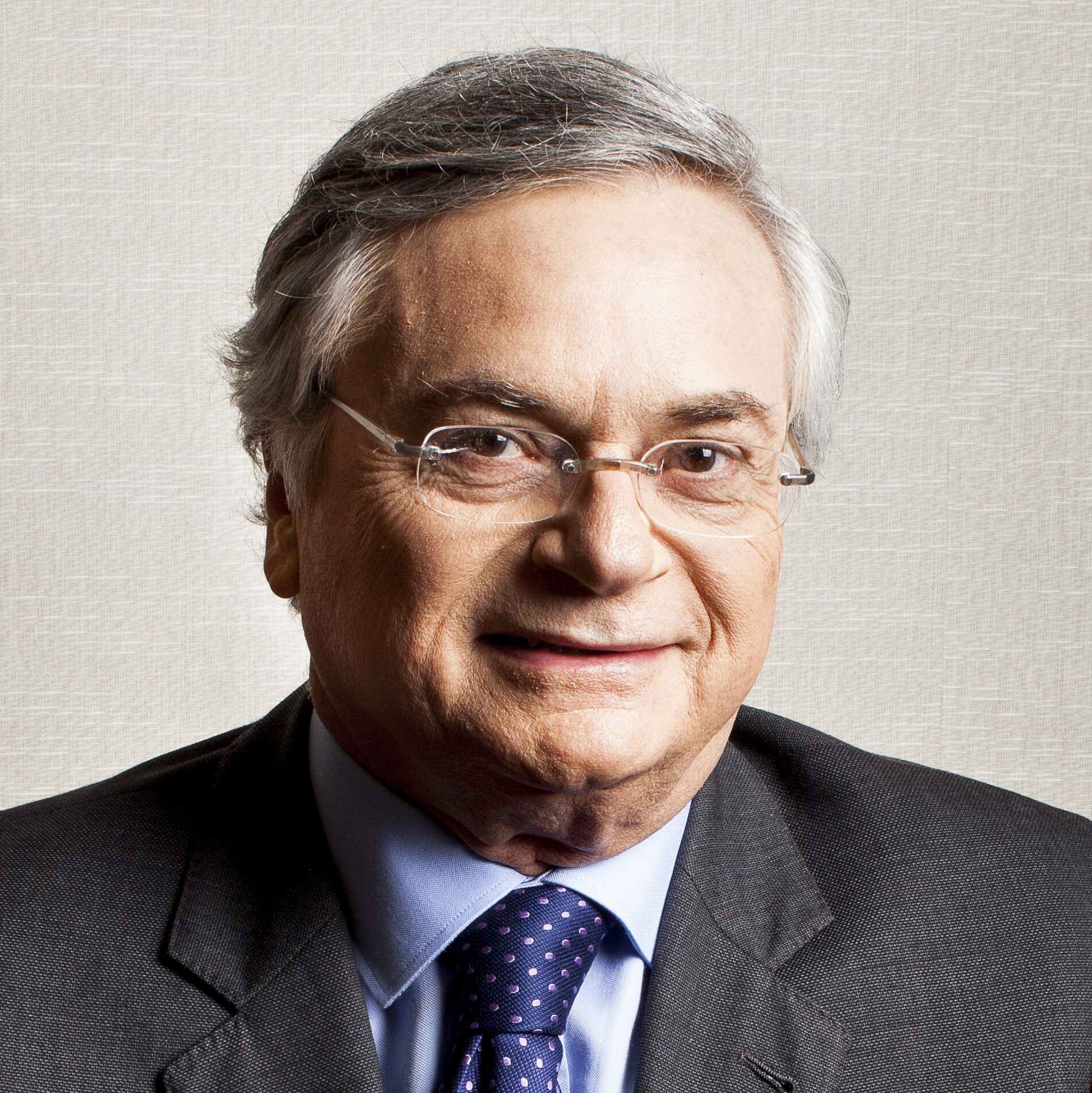
Moisés Naím is a distinguished fellow at the Carnegie Endowment for International Peace, an internationally syndicated columnist, author, and the host and producer of the Emmy award-winning television program Efecto Naím. He previously served as Venezuela’s Minister of Development, director of its Central Bank and an executive director at the World Bank. Naím was the editor-in-chief of Foreign Policy magazine between 1996 and 2010. Naím is the author of over 14 books on international affairs, economics and politics; including “Illicit” and “The End of Power” and recently published his first novel, “Dos Espías en Caracas”. He holds a PhD from MIT.
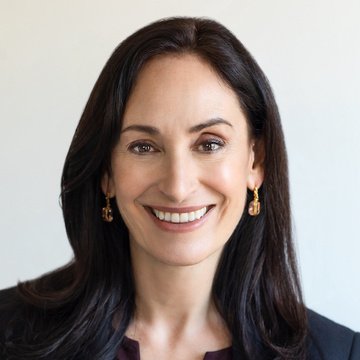
Shannon K. O’Neil is senior vice president, director of studies, and Maurice R. Greenberg chair at the Council on Foreign Relations. She is an expert on Latin America, global trade, U.S.-Mexico relations, democracy and immigration and author of The Globalization Myth: Why Regions Matter. O’Neil is also Chair of the Tinker Foundation’s Board of Directors.
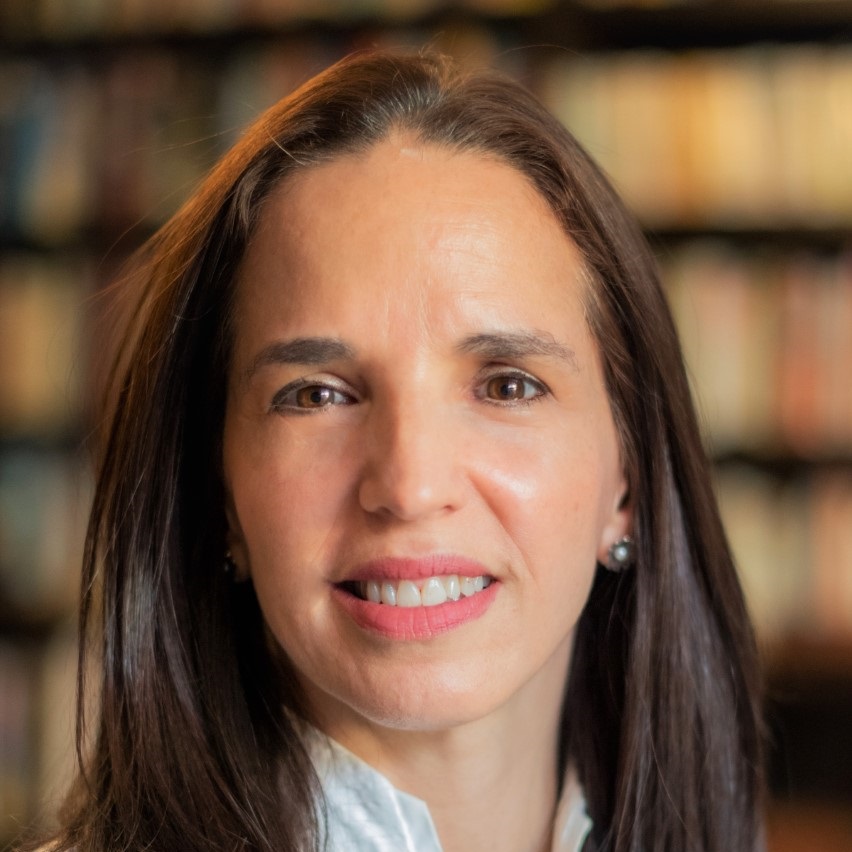
Luisa Palacios is deputy research director at the Center on Global Energy Policy at Columbia University’s School of International and Public Affairs. She was the chairwoman of Citgo Petroleum Corporation from 2019 until early 2021. Before that, Palacios was a senior managing director and the head of emerging markets research at Medley Global Advisors, where she also led the Latin America energy practice. Palacios is part of the international faculty at the IESA School of Management and holds a Ph.D. from the Johns Hopkins University School of Advanced International Studies.
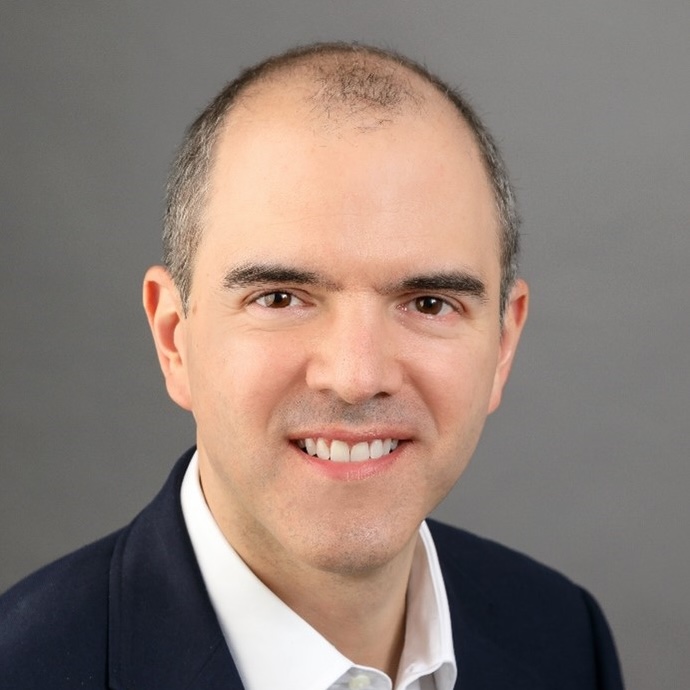
Ernesto Revilla is an economist who currently serves as Chief Economist for Latin America at Citigroup, based in New York. He was previously Chief Economist at the Ministry of Finance in Mexico, where he also headed macroeconomic planning and tax policy. Revilla teaches economics at New York University (NYU) and previously taught at the Instituto Tecnológico Autónomo de México (ITAM) and the University of Chicago.

Isabel de Saint Malo de Alvarado served as vice president of Panama and minister of foreign affairs from 2014 to 2019. She has worked extensively on the development and implementation of public policies. Saint Malo de Alvarado was a resident fellow at the Institute of Politics at the Kennedy School of Government at Harvard University in 2019.
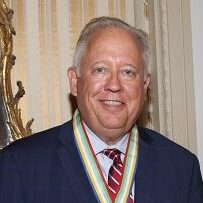
Thomas Shannon spent over 30 years in the foreign service, most recently as under-secretary of state for political affairs in the U.S. Department of State from 2016 to 2018. He previously served as counselor and senior adviser to the secretary following a four-year term as U.S. ambassador to Brazil. Shannon served as assistant secretary of state for Western Hemisphere affairs from 2005 to 2009 and as special assistant to the president and senior director for Western Hemisphere affairs at the National Security Council from 2003 to 2005.
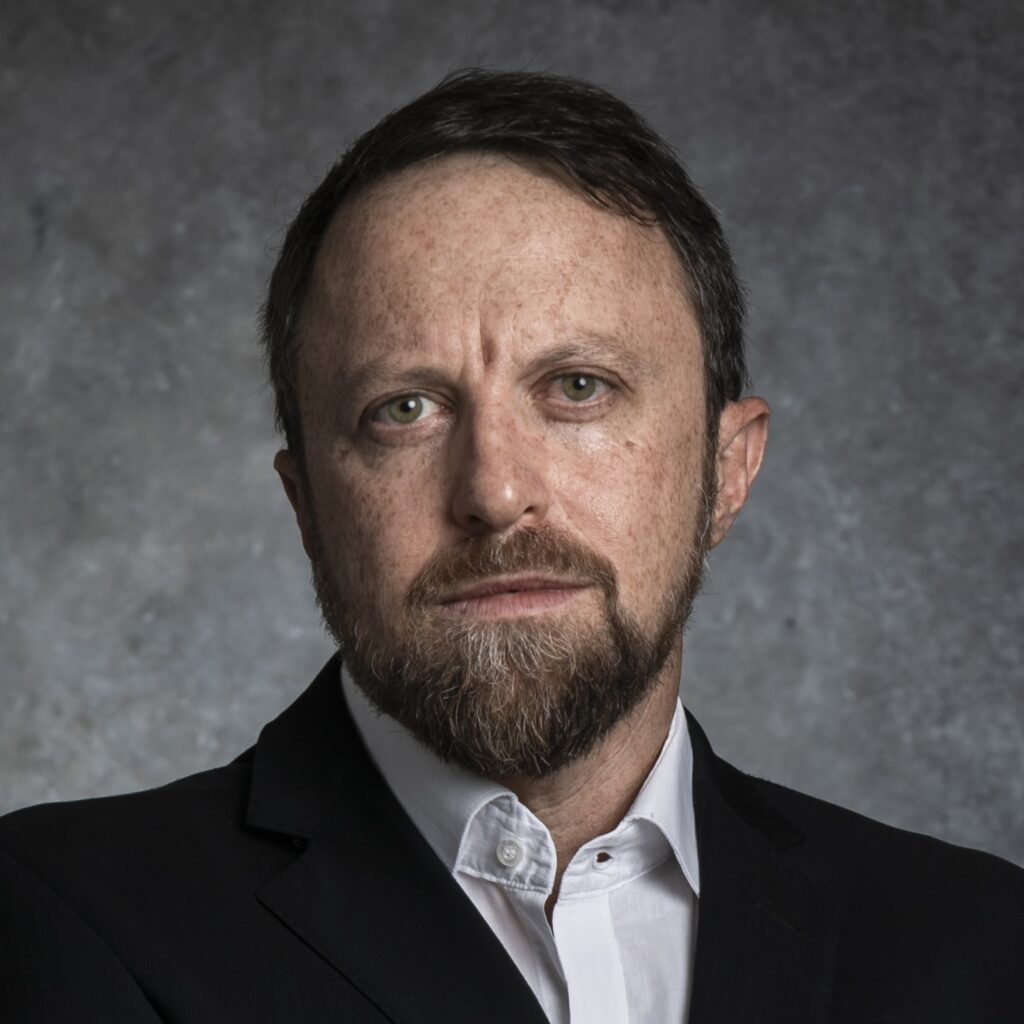
Thomas Traumann is a Brazilian journalist and political scientist who was formerly a presidential spokesperson and communications minister. Traumann is an expert on Brazil’s economy, political polarization, and U.S.-Brazil relations. He is the author of O pior emprego do mundo (The Worst Job in the World), about Brazilian finance ministers, and Biografia do abismo (Biography of the Abyss), about polarization. He is currently a political analyst for Globonews TV and Veja magazine.

Eugene Zapata-Garesché is program team leader at the International Development Cooperation Agency (GIZ) of Germany. At GIZ, Zapata-Garesché coordinates a global initiative of the EU to foster the Territorial Approach to Local Development, promoting city, local and regional governments as development actors. Prior to joining GIZ, Zapata was global director for Strategic Partnerships and head of Latin America and the Caribbean at the Global Resilient Cities Network (R-Cities), pioneered by The Rockefeller Foundation, and served as senior international adviser to the mayor of Mexico City. Zapata-Garesché sits on Tinker Foundation’s Board of Directors.


